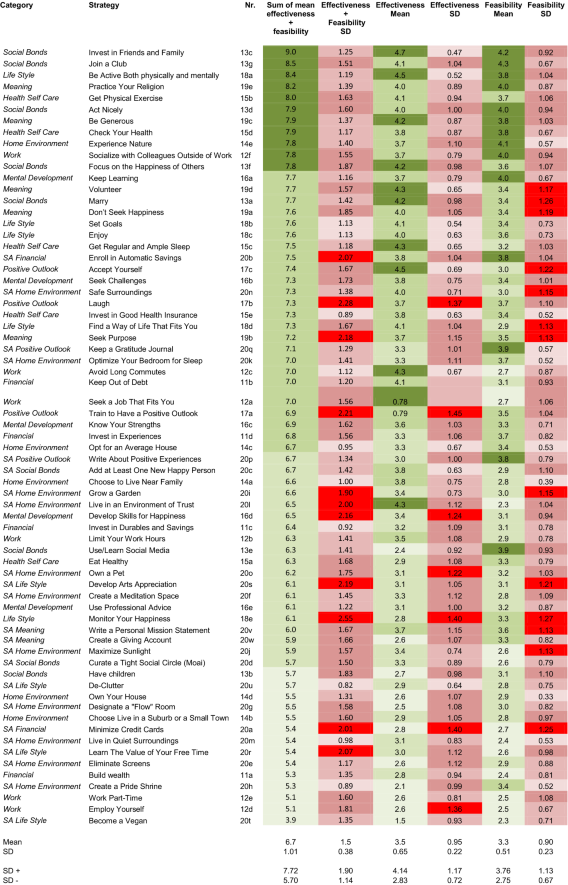Supplementary Table 1. Description of Goals
Change Goal; Description
Increase in extraversion I want to be more extroverted, which means:
- to be more sociable
- to have more energy and zest for action
- to be less quiet
- to be more active and more enterprising
- to take the lead more often
- to take decisions in groups more often
Decrease in extraversion I want to be calmer, which means:
- to retreat more often
- to leave decisions to others more often
- to take the lead less often
- to have less zest for action
- to be less active and enterprising
Increase in agreeableness I want to be more agreeable, which means:
- to be more sensitive and warm-hearted
- to be more polite and less harsh
- to trust others more and believe in the good in humans
- to appreciate others more
- to treat others with respect
- to be less distrustful of others
Decrease in agreeableness I want to be more uncompromising, which means:
- to be less influenced by the feelings of others
- to represent my own opinion more often
- to trust others less easily
- to be more skeptical about others
- to make fewer compromises
- to be more self-conscious
Increase in conscientiousness I want to be more conscientious, which means:
- to be less messy
- to procrastinate less
- to be more reliable
- to clean up more
- to stay on a task until it's done
- to be less careless
Decrease in conscientiousness I want to be more easy going, which means:
- to be more careless
- to not feel the urge having to fulfill tasks right away
- to procrastinate more often
- to not always be reliable
- to not always clean up immediately
- to sometimes leave things messy
Decrease in neuroticism I want to be more emotionally stable, which means:
- to worry less often
- to be depressed less often
- to be more even-tempered
- to stay more relaxed in stressful situations
- to be less moody
- to be more self-confident
Increase in openness I want to be more open, which means:
- to be more original and developing new ideas
- to be more enthusiastic about new things
- to think more about complex things and trying to understand them
- to be more imaginative
- to question traditions and routines more often
- to be more curious
Decrease in openness I want to be more objective, which means:
- to be able to come to terms with simple solutions
- to appreciate habits and routines I have more often
- to bring more routine into my life
- to be more conventional
- to not always question everything
- to not always try something new



 Reply With Quote
Reply With Quote






